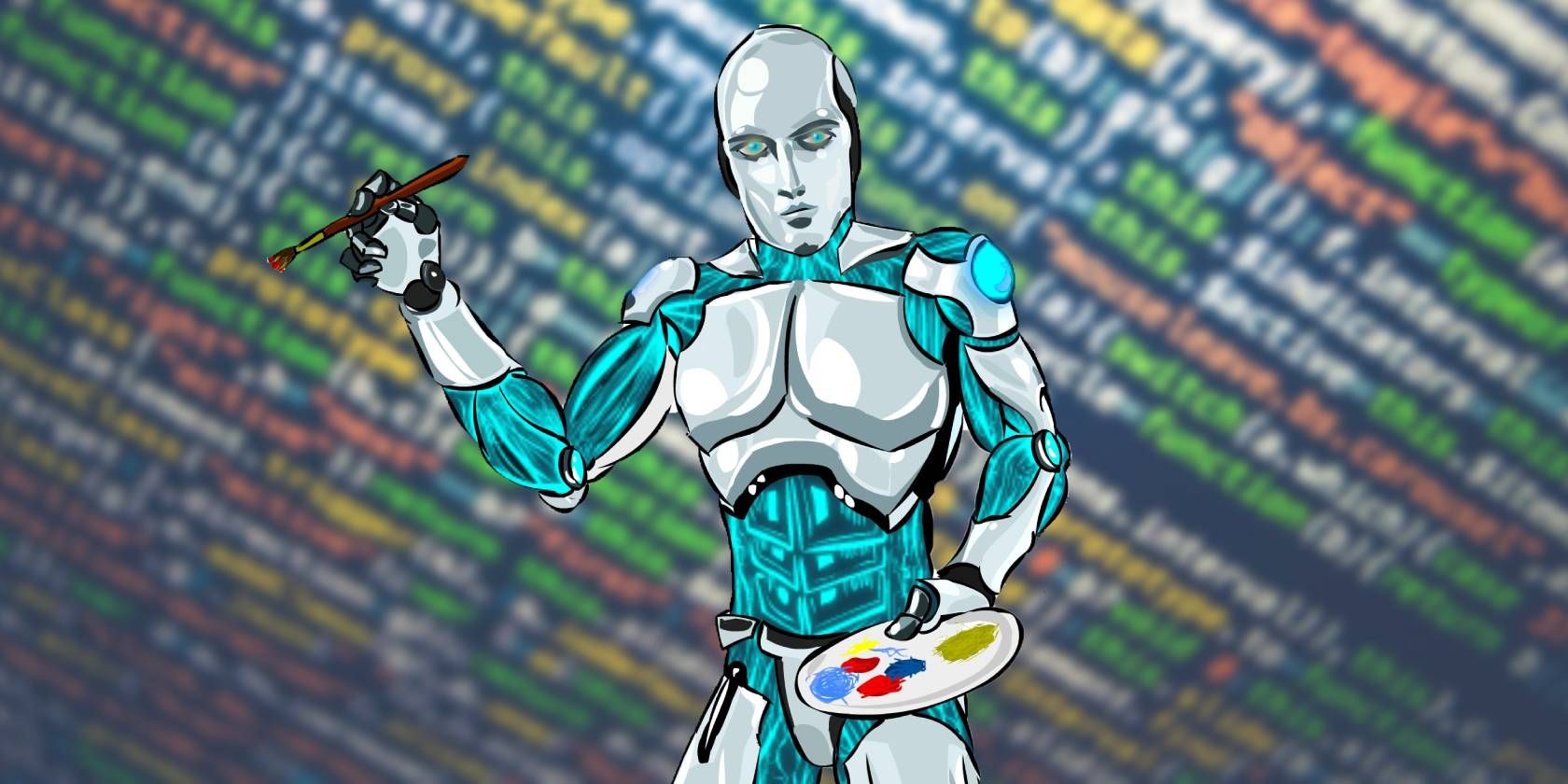Advancements in genetic editing and engineering technologies, such as CRISPR-Cas9, have opened up new possibilities for manipulating the DNA of living organisms, including humans. These technologies hold tremendous potential for addressing genetic diseases, improving agricultural crops, and creating new medical treatments. However, along with the promising benefits, there are also significant ethical implications that need to be carefully considered. In this blog post, we will explore the ethical implications of genetic editing and engineering.
Gene Editing in Humans
One of the most controversial aspects of genetic editing is its potential use in humans. While it has the potential to cure genetic diseases by correcting faulty genes, it also raises ethical concerns about the potential for creating "designer babies" or altering the human germline (sperm and egg cells) that could be passed on to future generations. The ethical considerations include issues such as consent, equity, and fairness in access to genetic editing technologies, potential unintended consequences, and the ethical boundaries of modifying the human genome. Questions arise about who gets to make decisions about editing the genes of future generations, and what impact it may have on society and human evolution.
Environmental and Ecological Concerns
Genetic engineering also raises ethical concerns when it comes to environmental and ecological impacts. Genetic modifications of plants and animals for agricultural purposes, such as genetically modified organisms (GMOs), have been a topic of ethical debate. Questions arise about the potential environmental and ecological consequences of releasing genetically modified organisms into the environment, such as unintended crossbreeding with wild relatives, disruption of natural ecosystems, and potential harm to non-target species. Ethical considerations also include the potential concentration of power and control in the hands of a few corporations that own and control genetically modified seeds, leading to issues of equity, sustainability, and the impact on traditional farming practices.
Informed Consent and Autonomy
Another ethical consideration in genetic editing and engineering is the issue of informed consent and autonomy. In human gene editing, ensuring that individuals fully understand the risks, benefits, and potential consequences of genetic modifications, and providing them with the autonomy to make informed choices, is crucial. This includes issues such as consent for germline editing, consent for minors or vulnerable populations, and the potential for coercion or pressure to undergo genetic modifications. Ethical concerns also arise in the use of genetic editing for non-medical purposes, such as cosmetic enhancements, performance enhancement, or altering non-disease related traits, and the implications of societal norms and values in shaping the use of genetic editing technologies.
Equity, Access, and Justice
The ethical implications of genetic editing and engineering also extend to issues of equity, access, and justice. There are concerns about the potential for creating genetic disparities, where only those who can afford genetic modifications or have access to advanced technologies can benefit from them, leading to increased inequalities in health and societal outcomes. Ethical questions arise about the distribution of benefits and risks associated with genetic editing technologies, and the potential for exacerbating existing social, economic, and health disparities. Ensuring equitable access to genetic editing technologies, addressing issues of affordability, availability, and fairness, and promoting social justice are important ethical considerations in the field of genetic editing and engineering.
Long-term Impacts and Unknown Consequences
As genetic editing and engineering technologies are still relatively new, there are also ethical concerns about the long-term impacts and unknown consequences of these technologies. The potential for unintended consequences, unforeseen risks, and long-term effects on future generations are areas of ethical concern. Genetic modifications can have irreversible effects on the genome, and the potential consequences may not be fully understood or predictable. Ensuring robust risk assessments, ongoing monitoring, and responsible oversight of genetic editing technologies to minimize potential harm and ensure long-term safety is an important ethical consideration.

